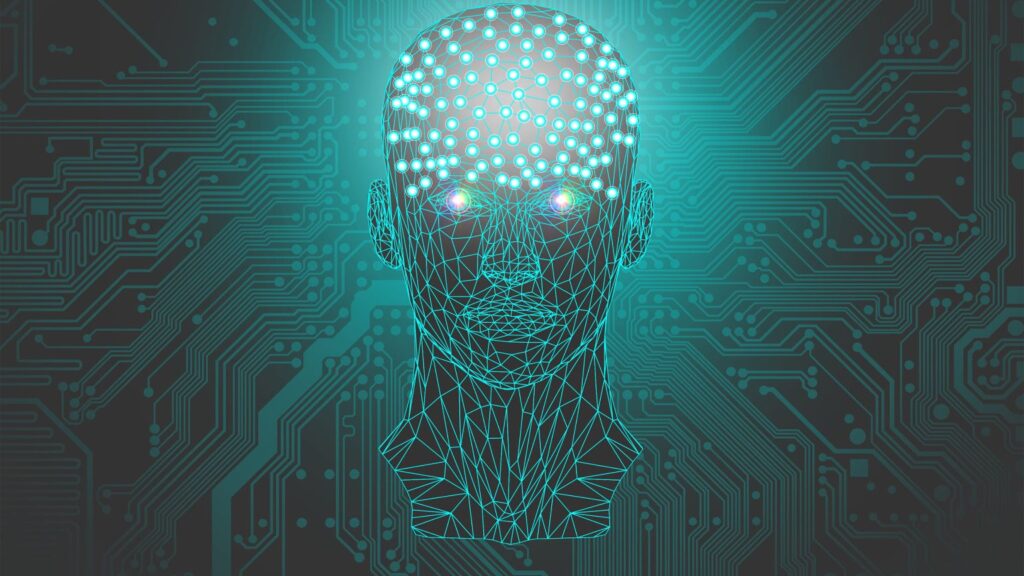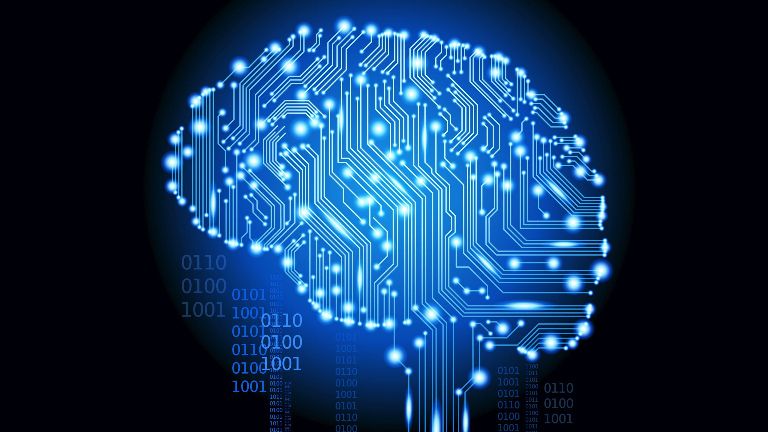What is the future of Ai

What is the Future of Artificial Intelligence? Exploring Careers, Predictions, and Ethical Debates
Introduction
Artificial intelligence (AI) is no longer science fiction—it’s reshaping industries, economies, and daily life. From ChatGPT crafting essays to Tesla’s self-driving cars, AI’s capabilities are accelerating. But what lies ahead? Will AI create more jobs than it displaces? Could it surpass human intelligence? This article dives into the future of AI, career opportunities, Elon Musk’s warnings, predictions for 2050, and the brilliance of Google’s AI systems.

What is the Future of Artificial Intelligence?
AI’s trajectory points toward unprecedented innovation. Here’s what experts foresee:
- Generative AI Evolution: Tools like DALL-E and GPT-4 are just the start. Future AI could draft legal contracts, design buildings, or compose personalized music.
- Ethical AI Frameworks: As bias and privacy concerns grow, governments may enforce strict regulations, ensuring transparency in algorithms.
- Healthcare Revolution: AI might predict diseases years in advance, customize treatments using genetic data, and assist in robotic surgeries.
- Climate Solutions: AI could optimize renewable energy grids, model climate change scenarios, and track deforestation in real time.
By 2030, McKinsey estimates AI could contribute $13 trillion to the global economy. However, ethical dilemmas—like job displacement and deepfakes—will demand proactive solutions.
Is AI a Good Future Career?
Absolutely. The World Economic Forum predicts AI and machine learning roles will grow 40% by 2027. Key careers include:
- Machine Learning Engineer: Develop algorithms for data analysis.
- AI Ethics Officer: Ensure AI systems align with moral standards.
- Robotics Specialist: Design intelligent machines for industries like manufacturing.
- Data Scientist: Extract insights from big data to drive decisions.
Skills to Master:
- Programming (Python, R)
- Neural networks and deep learning
- Critical thinking and ethics
Platforms like Coursera and edX offer certifications, making AI careers accessible even to non-tech professionals transitioning into the field.
What Does Elon Musk Think About the Future of AI?
Elon Musk, CEO of Tesla and SpaceX, is famously cautious about AI. He’s called it “humanity’s biggest existential threat,” warning uncontrolled AI could surpass human control. Key concerns include:
- Autonomous Weapons: AI-powered weapons operating without human oversight.
- Job Displacement: Mass unemployment if automation outpaces job creation.
Musk advocates for regulatory oversight and co-founded OpenAI to promote safe AI development. His Neuralink project aims to merge human brains with AI, creating a symbiotic relationship to avoid obsolescence. Critics like Andrew Ng argue Musk’s fears are overblown, emphasizing AI’s potential to solve global challenges.
What Will AI Do in 2050?
By 2050, AI could redefine everyday life:
- Personalized Education: AI tutors adapting to students’ learning styles in real time.
- Aging Populations: Robotic caregivers assisting the elderly, reducing healthcare burdens.
- Space Exploration: AI-driven robots colonizing Mars, mining asteroids, and conducting interstellar research.
- Food Security: Precision farming using AI to monitor crops, predict weather, and optimize yields.
However, societal adaptation will be crucial. Universal basic income (UBI) might become necessary if automation disrupts traditional jobs.
Can AI Overtake Humans?
The debate centers on Artificial General Intelligence (AGI)—AI matching human cognitive abilities. While current AI (like ChatGPT) excels in specific tasks, AGI remains theoretical.
- Timelines: Experts are split. Some, like Ray Kurzweil, predict AGI by 2045; others argue it’s centuries away.
- Risks: Uncontrolled AGI could make decisions harmful to humans. Organizations like DeepMind prioritize AI safety research to prevent misuse.
- Collaborative Future: Most researchers believe humans and AI will collaborate, enhancing creativity and problem-solving.
How Smart is Google’s AI?
Google’s AI milestones showcase remarkable intelligence:
- AlphaFold: Solved protein-folding puzzles unsolved for 50 years, accelerating drug discovery.
- Gemini: A multimodal AI understanding text, images, and sound simultaneously.
- LaMDA: A language model engaging in nuanced conversations, though criticized for occasional inaccuracies.
While Google’s AI outperforms humans in specialized tasks (e.g., chess, image recognition), it lacks common sense or emotional understanding—key gaps researchers aim to bridge.
Conclusion
The future of AI brims with promise and challenges. Careers in AI offer stability and innovation, while ethical frameworks must guide its growth. Visionaries like Elon Musk urge caution, yet AI’s potential to combat climate change, revolutionize healthcare, and uplift humanity is undeniable. By fostering collaboration between policymakers, technologists, and educators, we can ensure AI remains a force for good.
Explore More: Stay updated on AI trends and APK tools to harness cutting-edge technology responsibly.
Leave a Reply

Related content